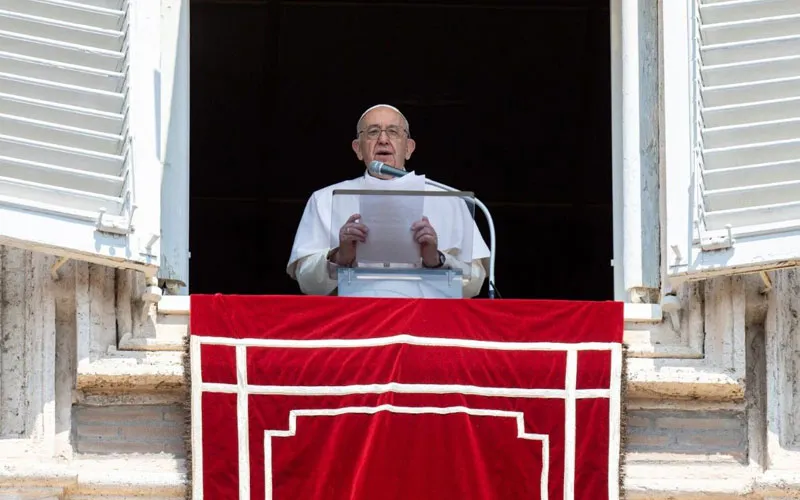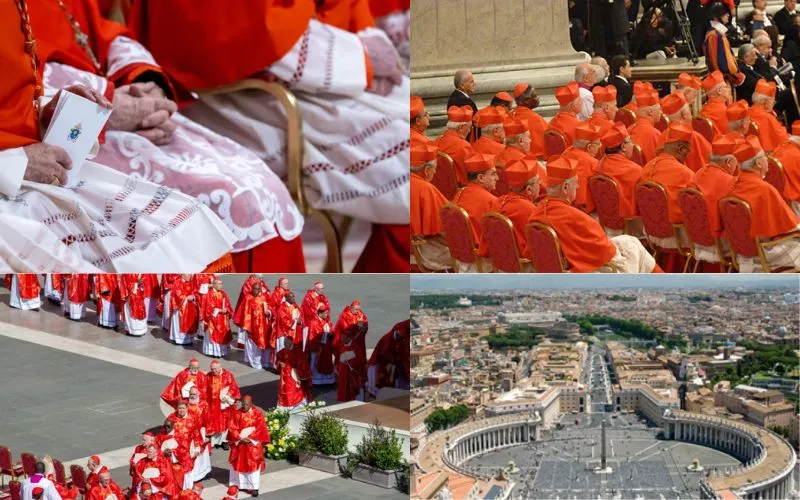In an April report, the Country Director of Trócaire in Somalia said that extreme hunger was ravaging various parts of Somalia’s Gedo region and warned that the situation, which was occasioned by climate change, was likely to worsen if urgent action would not be taken.
“Severe hunger has taken hold and it will get much worse in the coming months unless urgent action is taken,” Mr. Healy said in the April 7 report.
He made reference to the Dollow referral health center in Gedo where he said the 110 babies being delivered and discharged within 24 hours on average makes the hunger situation dire as these children are vulnerable.
“These are times of great hunger. Children are the most vulnerable. There is limited access to food, and food prices are rising, predisposing families and their children to severe malnutrition,” Mr. Healy said in the April 7 report.
“Climate change is wreaking havoc,” the official of Trócaire said, and added, “Severe water shortages have heightened the risk of disease outbreaks, with people and animals now competing for untreated water from hand-dug shallow wells and dwindling rivers.”
(Story continues below)
He continued, “The failure of three successive rainy seasons has destroyed livelihoods and forced families to leave their homes in search of food and water.”
The official of the development agency of the Catholic Bishops of Ireland said that the ongoing war between Russia and Ukraine had worsened the situation as the flow of raw materials to the Horn of Africa countries had been disrupted.
“Now, staple foods such as wheat are becoming increasingly scarce and expensive as trade routes from Ukraine and Russia are severely disrupted. Many countries in the region usually import 60-80 per cent of their wheat from Ukraine,” Mr. Healy said.
“With these imports disrupted, the price of bread and other staple foods is rapidly rising, affecting the poorest families most of all,” he further said in the April 7 report, adding that the number of Somalians in dire need of humanitarian assistance was almost up to half of the total population of the Horn of Africa nation.
Last month, Mr. Healy there was “severe malnutrition” in parts of Somalia’s Gedo region and that the situation was to “get much worse” if action was not to be taken urgently.
“Severe malnutrition has taken hold in Somalia and it will get much worse in the coming months unless urgent action is taken,” the Trócaire Somalia Country Director was quoted as saying in a July 11 report.
Mr. Healy added, “Since January, at least 448 children have died from severe acute malnutrition.”
Magdalene Kahiu is a Kenyan journalist with passion in Church communication. She holds a Degree in Social Communications from the Catholic University of Eastern Africa (CUEA). Currently, she works as a journalist for ACI Africa.








